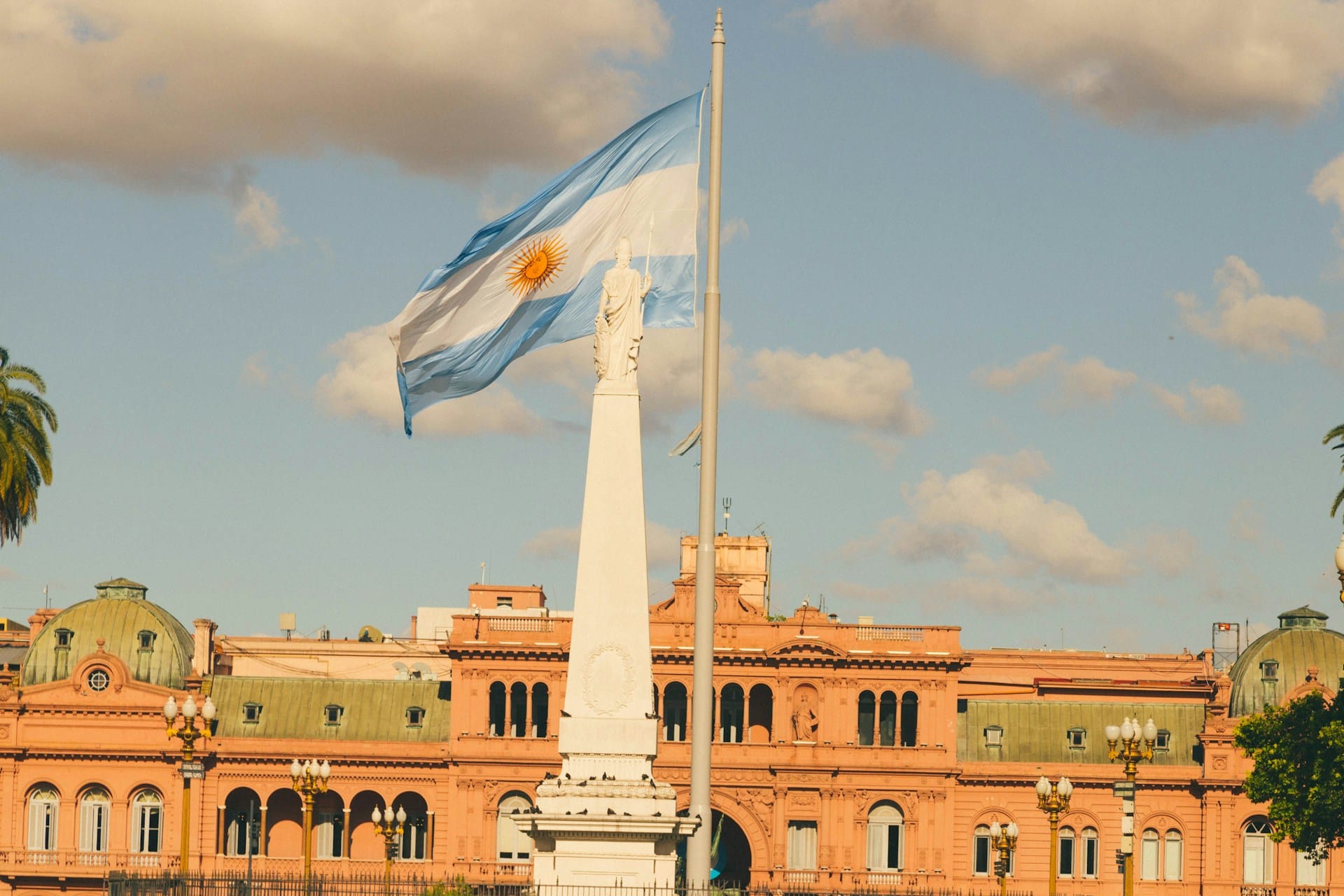Argentine President Approves Provincial Currencies Amid Economic Challenges
Milei accepts local currency initiatives in Argentina

In a significant policy shift, Argentine President Javier Milei has agreed to allow provinces to introduce their own currencies. This decision, communicated during a Radio Mitre interview on January 14, marks a new chapter in Argentina's approach to its economic challenges. Milei, recognizing the autonomy of provincial governments, stated he would not legally challenge the creation of these local currencies.
President Milei, however, expressed concerns about the potential inflationary impact of such "quasi-currencies." He cautioned that accepting these local currencies could lead to a reduction in real income due to inflation, effectively reducing the purchasing power of citizens.
This move comes after Governor Ricardo Quintela of La Rioja province announced plans to launch a separate currency. This decision was influenced by President Milei's devaluation of the Argentine peso by 50% shortly after his inauguration on December 10, 2023, a measure aimed at controlling the country's highest inflation rate in over three decades. The national government's reduction in federal budget allocations to provinces further fueled this initiative.
Governor Quintela criticized the federal government's financial policies as neglectful and emphasized the need for a local currency to manage provincial expenses, including salaries for public servants like police officers. Buenos Aires Governor Axel Kicillof also considered a similar move in December 2023.
In a related development, Rosario, Argentina's third-largest city, witnessed a groundbreaking rental agreement paid in Bitcoin. This arrangement, a first in the country, was enabled by recent legislative changes under Milei's administration. This innovative contract indicates a growing openness to alternative financial solutions in Argentina, reflecting the country's evolving economic landscape.


